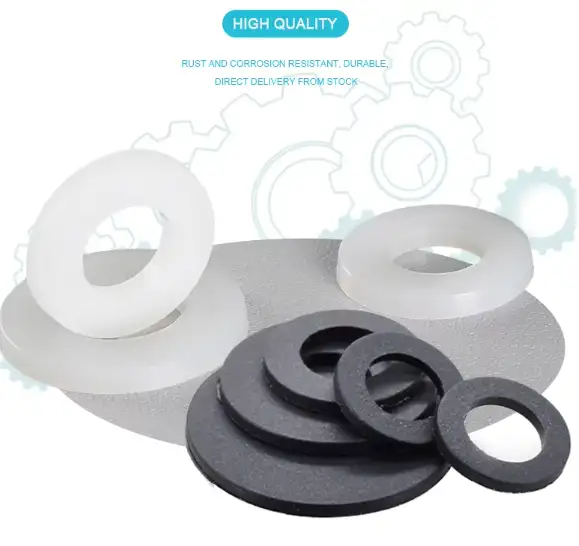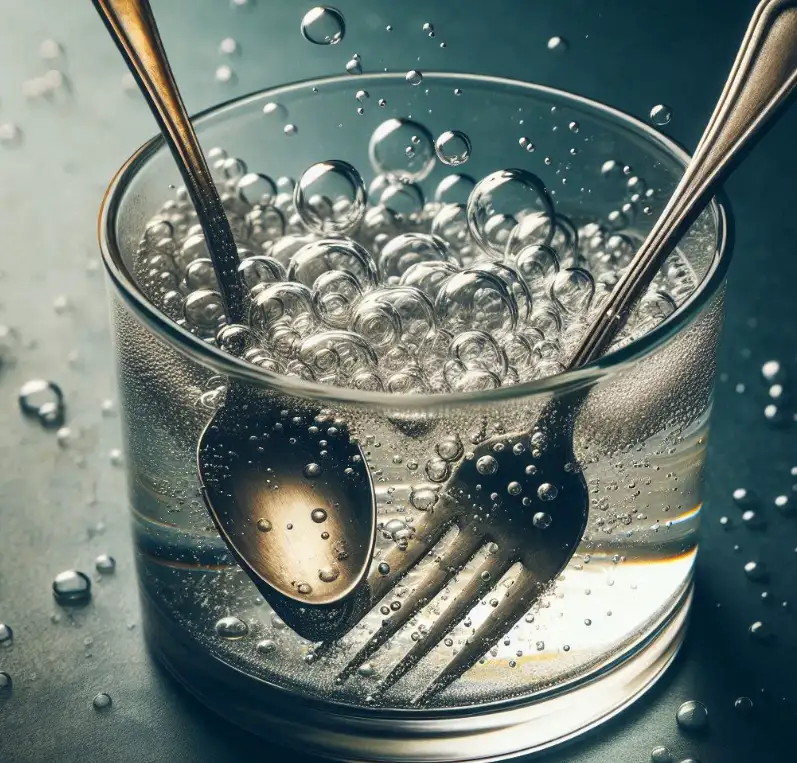When working with metals like 316 stainless steel and aluminum, one common concern is whether these two materials react with each other, potentially leading to galvanic corrosion.
If you’re considering using these metals together in your kitchen appliances, outdoor fixtures, or even DIY projects, understanding the basics of galvanic corrosion is essential.
What is Galvanic Corrosion?
Galvanic corrosion occurs when two dissimilar metals come into contact in the presence of a conductive liquid, such as water.
This process leads to the accelerated corrosion of one metal (the anode) while the other metal (the cathode) remains protected.
The severity of galvanic corrosion depends on three key factors:
- Presence of a conductive liquid: Rainwater, condensation, or even high-humidity environments can act as electrolytes.
- Direct metal-to-metal contact: Physical contact between the two metals is necessary for the transfer of electrical currents.
- Difference in potential: Metals further apart on the galvanic series are more prone to corrosion when paired.
Does 316 Stainless Steel React with Aluminum?
The short answer is yes, 316 stainless steel can react with aluminum under certain conditions, causing aluminum to corrode.
Here’s why:
- Electrochemical Potential Difference: On the galvanic series, 316 stainless steel is more “noble” than aluminum. This means aluminum acts as the anode and corrodes to protect the stainless steel.
- Environmental Factors: If the joint between the two metals is exposed to moisture, especially in salty or polluted environments, the rate of aluminum corrosion can accelerate.
- Relative Surface Area: If a small amount of aluminum is in contact with a larger surface area of stainless steel, the aluminum corrodes faster. This is common with aluminum fasteners in stainless steel structures.
How to Minimize Corrosion When Pairing These Metals
While combining 316 stainless steel and aluminum is not ideal, there are strategies to minimize galvanic corrosion:
- Insulate the Metals:
- Use plastic washers, sleeves, or gaskets to create a barrier between the metals.
- Ensure no direct metal-to-metal contact occurs.
- Apply Protective Coatings:
- Paint or coat the aluminum surface with a non-conductive material to reduce exposure to moisture.
- Extend the coating beyond the joint to prevent charged ions from traveling through water films.
- Reduce Electrolyte Exposure:
- Avoid placing the metals in environments prone to saltwater spray or industrial pollutants.
- Use adhesive sealants to block moisture from reaching the joint.
- Select Compatible Metal Ratios:
- Ensure the aluminum surface area is much larger than the stainless steel surface area to reduce the intensity of corrosion.
Practical Examples of Metal Pairing
To help you understand safe metal combinations, here are some practical scenarios:
- Acceptable Pairing: A small stainless steel screw in a large aluminum sheet may only cause minimal corrosion if the joint is protected from moisture.
- High Corrosion Risk: Aluminum fasteners in stainless steel components will corrode quickly due to unfavorable surface area ratios.
Why Does This Matter to You?
For homemakers, DIY enthusiasts, or small business owners, understanding metal compatibility can:
- Prolong the life of kitchen appliances and fixtures.
- Prevent unexpected damage to outdoor furniture.
- Save money by avoiding costly repairs or replacements.
If you’re considering purchasing appliances or tools made with stainless steel and aluminum components, look for well-designed products with corrosion prevention measures.
For instance, products with insulated joints or high-quality coatings offer better durability.
Recommended Products to Prevent Galvanic Corrosion
Here are some useful products to protect your metal pairings:

- Plastic Washers and Sleeves: Check on AliExpress
- Corrosion-Resistant Coatings: Check on Aliexpress
By understanding how 316 stainless steel and aluminum react, you can make informed decisions for your home or projects. Proper insulation, protective coatings, and mindful pairing can save you from the headaches of galvanic corrosion.
Nylon Washer Product Recommendations for Secure and Durable Metal Pairing
Below are some of the top-quality nylon washers that can help prevent galvanic corrosion when pairing stainless steel with aluminum. These washers act as an effective insulator, ensuring long-lasting protection in various environments.
| Product Feature | Details | Why Choose It? |
|---|---|---|
| Material | PA66 Nylon – Fire Grade 94V, flame-retardant, and resistant to high temperatures up to 200°C. | Durable and safe for use in high-stress environments. |
| Sizes Available | Thread diameters ranging from 2mm (M2) to 24mm (M24), with thickness options from 1mm to 3mm. | Perfect for a variety of DIY, electrical, and industrial applications. |
| Color Options | Black and White. | Versatile colors to match your project aesthetic. |
| Corrosion Resistance | Acts as a physical barrier, preventing direct contact between dissimilar metals and stopping galvanic corrosion. | Ideal for projects involving aluminum and stainless steel combinations. |
| Customization | Yes, fully customizable to meet your project’s specific requirements. | Tailored solutions for unique applications. |
| Applications | Electrical setups, DIY projects, automotive use, and more. | Suitable for both hobbyists and professionals. |
| Inner Diameters | From 2mm to 24mm, with multiple outer diameters ranging from 5mm to 45mm depending on the model. | Flexible options to meet diverse needs. |
| Durability | Flame-retardant insulation ensures strong performance even in harsh conditions. | Long-term reliability for indoor and outdoor projects. |
Why You Should Use Nylon Washers
- Protection Against Galvanic Corrosion: Nylon washers create an insulating layer between stainless steel and aluminum, preventing the reaction that leads to corrosion.
- Cost-Effective Solution: A small investment in washers can significantly extend the lifespan of your projects.
- Professional Finish: Achieve a clean, secure, and durable assembly for any DIY or industrial task.
💡 Pro Tip: Pair these washers with stainless steel fasteners for optimal results in marine or humid environments!
Shop Now on Aliexpress and elevate your project’s durability and safety!

